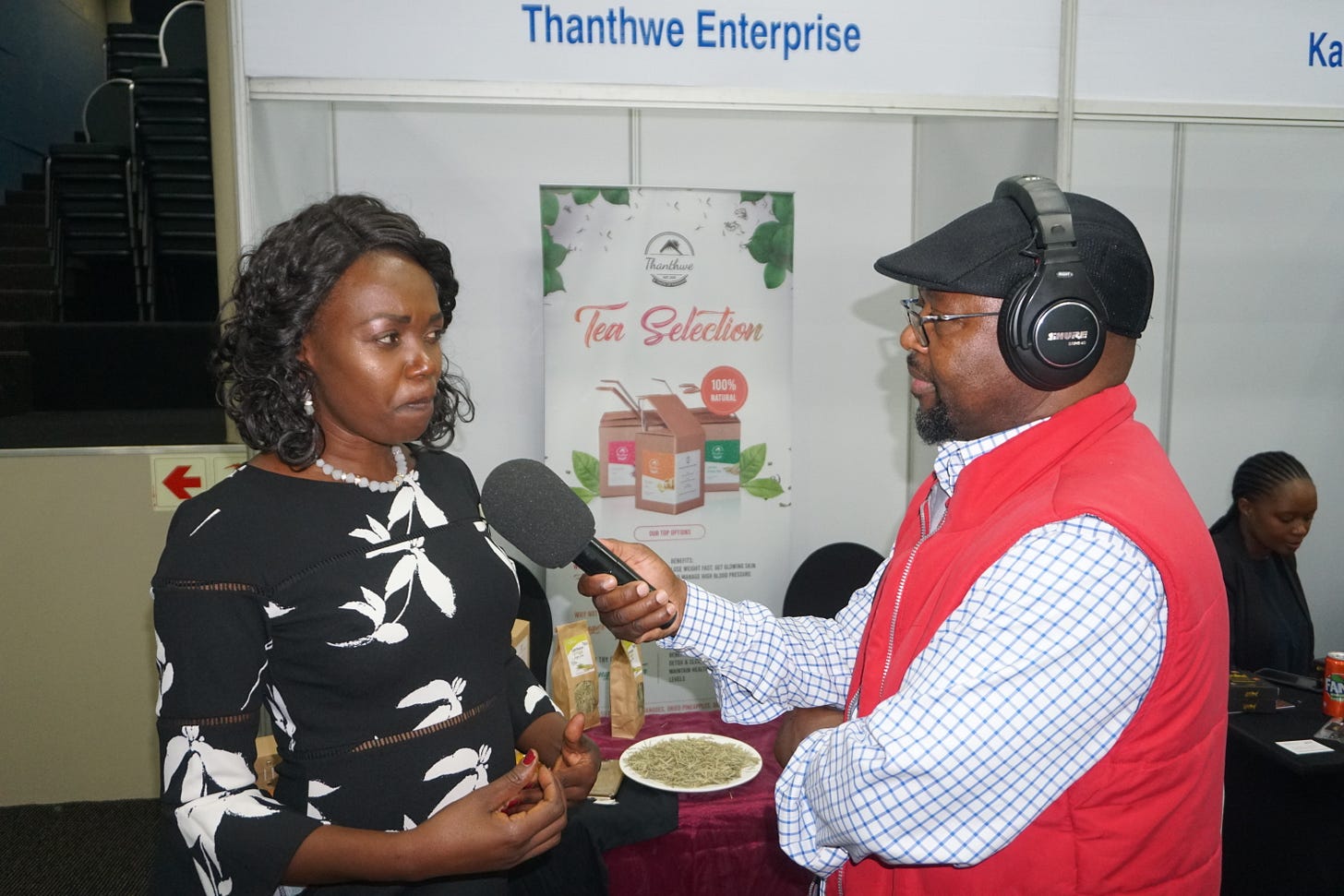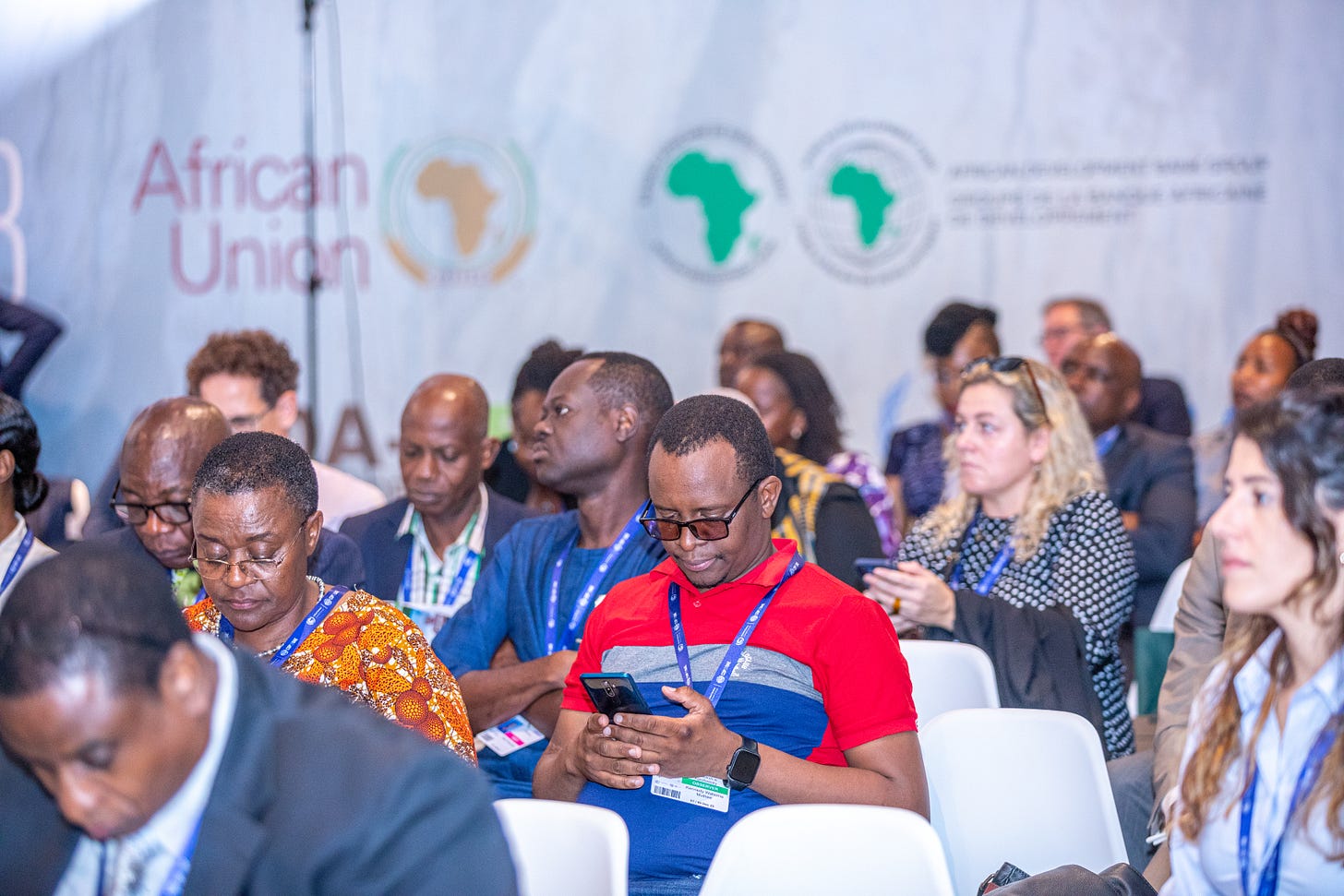EU CARBON TAX - Africa may incur $25 billion annual loss due to new EU carbon tax
This tax could penalize value-added exports, such as steel, cement, iron, aluminum, and fertilizers, potentially affecting Africa's trade dynamics in the process in terms of economic growth

ABU DHABI, United Arab Emirates (Planet Defence) - Dr. Akinwumi Adesina, President of the African Development Bank Group, cautioned about the potential limitations posed by a new EU carbon border tax on Africa's trade and industrial growth.
Adesina voiced concern about the implications of Africa's energy deficit and heavy reliance on fossil fuels, especially diesel. He noted that this situation might push Africa to revert to exporting raw commodities to Europe, leading to further de-industrialization on the continent.
Estimating the potential impact, Adesina highlighted that Africa could suffer annual losses of up to $25 billion due to the EU Carbon Border Tax Adjustment Mechanism. He emphasized that Africa, already affected by climate change, might face unfair treatment in global trade policies.
Highlighting the importance of regional trade, Adesina underscored that Africa's main trade potential lies in intra-regional exchanges. He referenced the new Africa Continental Free Trade Area, projecting an over 80% increase in intra-Africa exports by 2035.
Adesina pointed out the disparities in global renewable energy investments, with Africa receiving only 2% ($60 billion) of the $3 trillion invested globally over the past two decades. He stressed the necessity for Just Trade-for-Energy Transition (JTET) policies to support Africa's renewable energy goals without hindering its trade prospects.
In advocating for Africa's energy transition, Adesina suggested utilizing natural gas as a transitional fuel to stabilize energy systems and support industrialization.
Walid Mohammed Hareb Alfalahi, CEO of the UAE Trade Centre, countered negative perceptions of Africa by highlighting the continent's vast investment potential, expressing optimism about doing business there based on his positive experiences.

Adesina referenced a Moody’s Analytics report indicating Africa's lower default rate on infrastructure investment compared to other regions. Africa's default rate stands at 5.5%, the lowest among regions analyzed.
He also spotlighted major projects attracting investor attention through the Africa Investment Forum, such as Mozambique’s $24 billion liquefied gas project, the $15.2 billion Abidjan to Lagos Highway corridor spanning five countries, and the $3.6 billion Tanzania to Burundi and DR Congo railway line.
In conclusion, Adesina emphasized Africa's capability to handle various projects, painting a different picture of the continent's potential.
The conference, moderated by Dr. Victor Oladokun, Senior Adviser for Communication to the African Development Bank President, also featured Professor Benedict Oramah, President of the African Export-Import Bank (Afreximbank). Oramah warned about potential drastic cuts of up to $150 billion in merchandise exports resulting from rapid decarbonization in fossil fuel-exporting African countries, citing preliminary findings of a recent study commissioned by Afreximbank.



